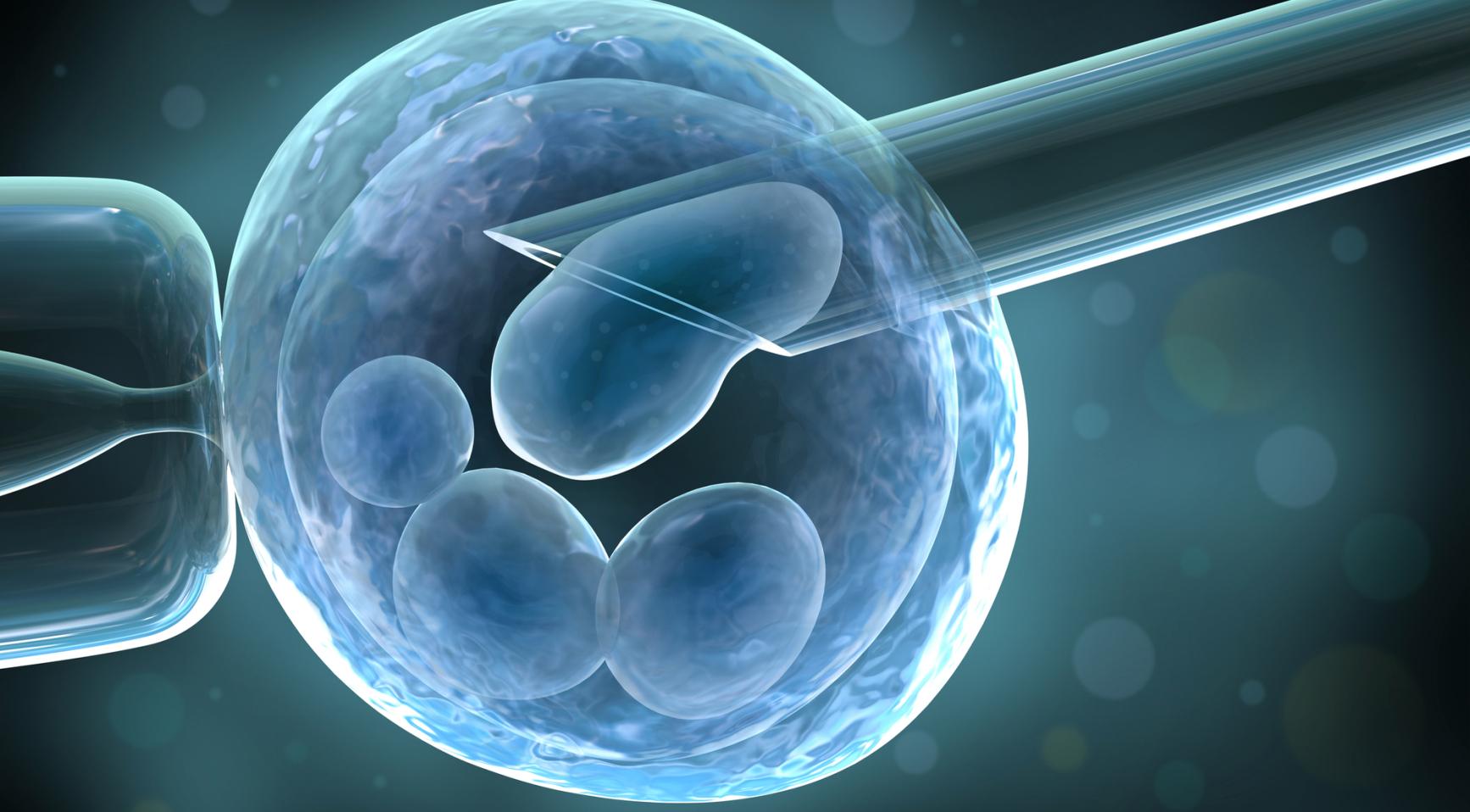The VVD and D66 want to expand the Embryo Act to allow parents to test embryos for hereditary diseases. Currently, embryo testing is only permitted if there is a risk of children becoming seriously ill. This proposal should make it possible for people with a family history of hereditary diseases to stop passing it on to the next generation by testing an embryo for carrier status, MPs Harry Bevers (VVD) and Jan Paternotte (D66) told RTL Nieuws.
Around 380 people per year currently undergo embryo selection, also known as PGT. It is a medical technique intended for people with a family history of serious hereditary diseases. It works through IVF. The woman’s eggs are fertilized with sperm outside the body, and the embryos are then tested for diseases like hereditary ovarian cancer, Duchenne muscular dystrophy, or cystic fibrosis. Embryos not carrying the hereditary condition can then be implanted into the woman.
The bill states that the Netherlands will only allow PGT for “a very limited set of serious diseases.” It is “absolutely not intended” to let parents “shop around” for hair color or eye color, Bevers said.
“It’s purely about preventing the passing on of a serious hereditary disease and enabling people to make a well-informed choice,” the VVD MP said. “Even if we help one or two more people, that’s already significant, because we’re dealing with very serious abnormalities and diseases.”
The parliamentarians will submit their bill to the Tweede Kamer, the lower house of the Dutch parliament, this week.
There has been political wrangling about expanding the Embryo Act for years. The current Tweede Kamer has a conservative majority, so the chance is slim of it passing the bill. But the VVD and D66 are likely hoping for a majority after the election. The parties also likely want to put the topic on their election agendas.
